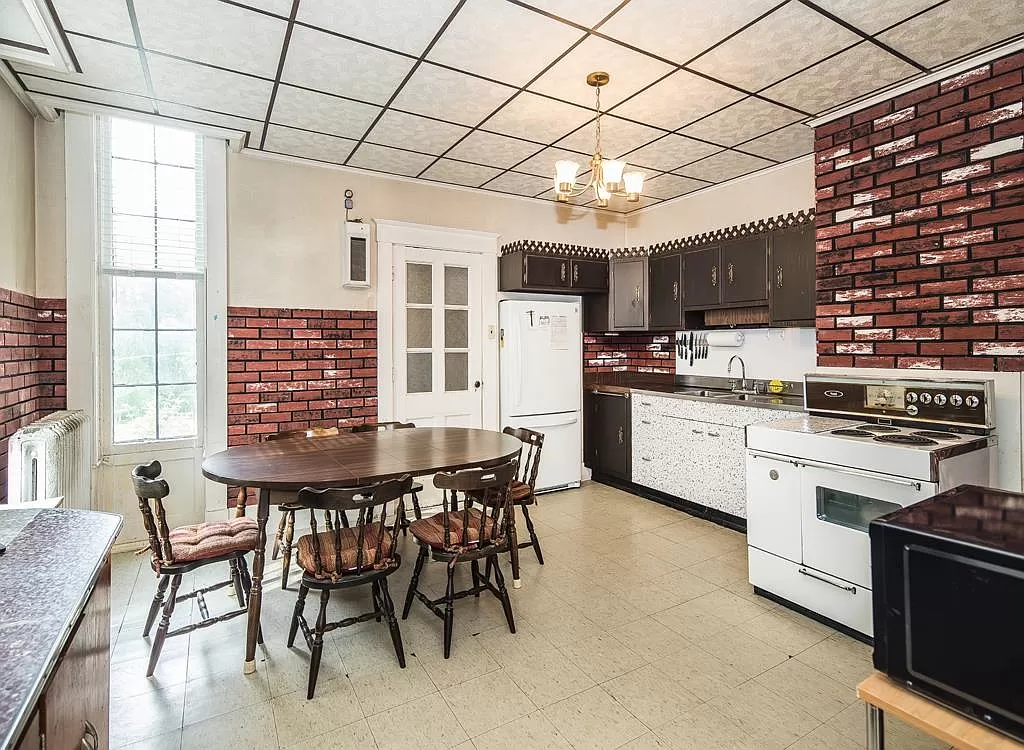
State of the Housing Market in Central Massachusetts as well as elsewhere, and what the changes in fees, based on creditworthiness and so much in the news lately, is all about. Are people with better credit really subsidizing people with poor credit? *Jay wrote this as a separate story, here.
National Housing Market: It’s an unusual housing market right now, nationwide as well as locally, and one of the exceptionally odd aspects of it is what a difference it makes where you are and where you want to move.
California and Florida have a lot in common (like an ocean with beaches), but are in a completely different world when it comes to housing prices. People are leaving California in droves, and migrating to Florida (and other low tax, low crime states) at an informal rate of a thousand new residents per day (just to Florida). The two big factors driving this are quality of life issues and employment issues, both of which are working against California.
Cities like San Francisco, which are intrinsically absolutely beautiful, but are overrun with crime and homelessness, are experiencing huge annual drops in housing prices of about 10%. This is made worse by continuing layoffs at the big high tech companies, such as Facebook (Meta), Google, and Lyft. The vacancy rate for office space in San Fran is 30%, the highest ever recorded, even worse than during the dot.com bust. Also many retail stores are closing, the latest being Nordstrom and Whole Foods, due to out of control shoplifting, among other factors.
Florida, on the other hand, is booming–a low crime rate, plenty of jobs, and an environment where people want to retire. Here prices are going up by 10% or more annually. According to “The Street”, from 2020 to 2023 prices in Tampa are up by 59%, in Miami by 53%, in Jacksonville by 50%, and in Orlando, which isn’t even on the coast, by 48%. Interestingly, Alabama is now starting to experience an influx of people, since it has a similar climate and beaches too, but costs a lot less. People are really voting with their feet.
Happily, Central Massachusetts has more in common with Tampa than San Francisco, so national trends are not tamping down demand for homes. In a rough order of importance, here are factors affecting the local market, some of which are contradictory:
–Not enough houses for sale. Trying to buy a home in this market is almost as frustrating as it was during the Covid market. There are way more buyers than sellers, so prices are being bid up (a home Jen’s team submitted an offer on recently went for $70K over asking). So why are there so few sellers? Mainly because if you sell your house you have to buy somewhere else, and interest rates remain high and housing prices are up, particularly in areas where retirees might want to move.
–Housing prices are still going up, in some areas rapidly. This is mainly driven by a lack of supply, including the unavailability of land where new homes can be built, as well as the continuing escalation of costs to build new homes–both labor and materials. Inflation is to blame for this.
–Interest rates are still up, which makes some buyers hesitate, but more importantly, limits how large a mortgage they will qualify for.
–Unemployment is only 3.5% on the national level, but job loss can affect people locally who are employed by, or affected by, national companies.
So for buyers, the problem is the lack of houses, and the fast rising prices of the homes that are available. Interest rates aren’t as big an issue as they seem because you can refinance later, but the price you paid for the house is fixed.
For sellers the problem is that you have to live somewhere, meaning you’ll have to buy with a higher mortgage rate and at a higher price point, unless you are downsizing and/or a cash buyer.
But strangely, for potential buyers, my advice remains the same:
–Buying always (except short term situations) beats renting, because money paid in rent just disappears, while paying on a mortgage builds equity.
–Don’t worry too much about interest rates, because you can refinance. Consider an adjustable rate mortgage. (double check with your loan officer on both).
–Current home prices are definitely an issue, but (and this is just my opinion) I can’t see home prices not continuing to go up unless there is a major recession, and even if this happens, prices will probably be stable. Inflation is still with us. The most likely scenario is that home prices will continue upward in areas that are safe and desirable, like Central Massachusetts. Inflation doesn’t just raise the cost of groceries. Inflation is really the devaluation of the US dollar, so it raises all prices. Housing prices go up just like a box of crackers at the grocery store…you get less crackers and the price is higher. You might as well own the box of crackers, or in this case, the house. Assets are a great hedge against inflation because they tend to go up in value along with everything else.
If you are a potential seller, it’s still a great market to sell in, but just keep in mind that you have to have somewhere to go.



